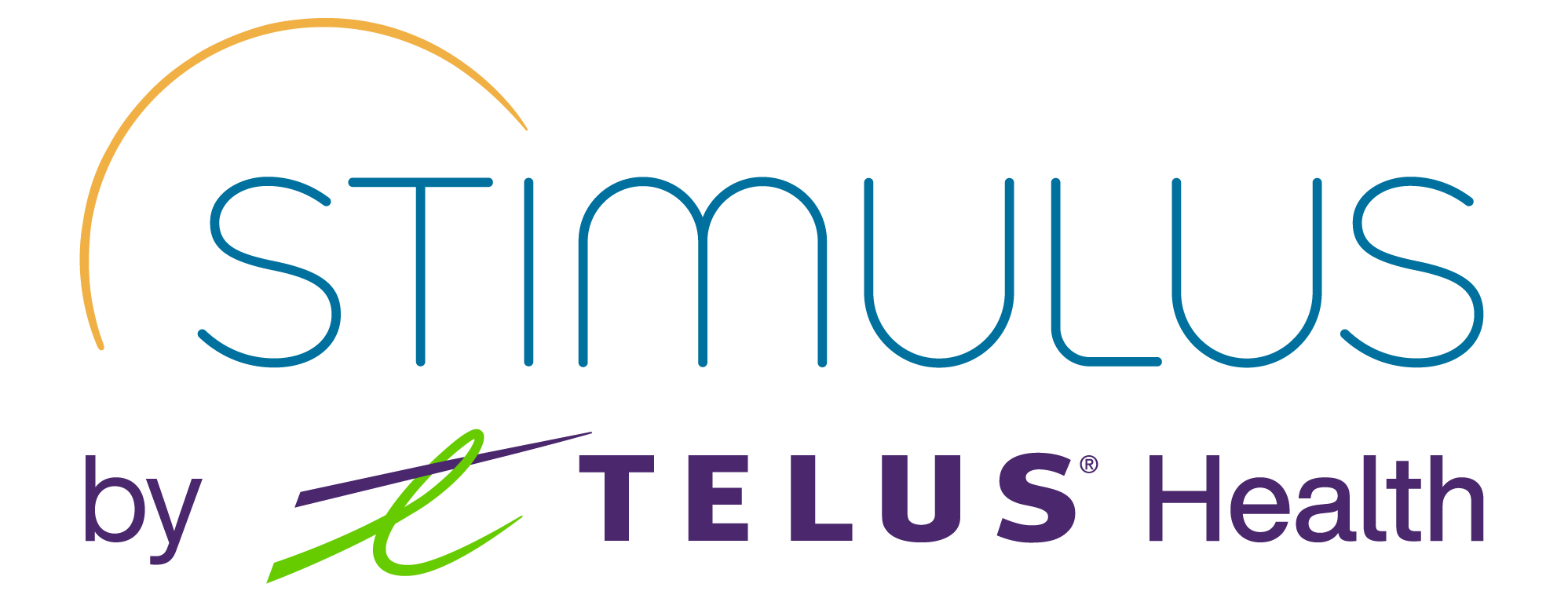Return Syndrome: advice on managing the fear of returning to work
Have you ever felt stress and anxiety at the idea of having to return to your work and family routines after a holiday?
This experience is called re-entry stress (or re-entry syndrome), which is that uncomfortable feeling we get when, upon returning from holiday, a long break, or away from the workplace, we are unable to settle back into routine, be it work or simply family.
As the return to routine approaches, we may experience feelings of fear and uncertainty as we have to ask our body and mind to change the physiological and psychological rhythms that accompanied us during the break.
Our body, in fact, having to quickly reorganise itself, activates a series of reactions that constitute the typical symptoms of return stress.
So, how can we get back to everyday life in a healthy and balanced way?
Comeback syndrome: some tips
In order to prevent experiences of anxiety and stress that might emerge after a holiday is over and in view of a return to daily routines and commitments, some useful measures can be taken.
Regarding the work sphere:
Plan your return. Organise and mentally anticipate your return to help your mind-body system resume its work rhythms by starting to plan commitments and activities. In addition to this mental anticipation, it might be useful, if you have spent a lot of time away from home, to give yourself a few days off once you are home. You could then return a few days earlier than you actually go back to work: you are still on holiday, but the city rhythm is starting to take hold and so you can get used to the routine that awaits you again.
Manage your time carefully during the first few days at work. Make a to-do list by prioritising on a daily and weekly basis. One of the reasons for re-entry stress is the feeling of being overwhelmed by so many commitments all at once, with the anxiety of having to do everything at once. It is helpful to make a to-do list in order of priority, doing the most important tasks first. If there are no imminent deadlines, you can start with simpler tasks and then move on to more complex tasks that require cognitive and psychological effort.
Manage your energy while at work: always alternate between work and rest. Research has shown that, when possible, a break of about 15 minutes every two hours helps both to reactivate circulation and to rest the mind and eyes, which are often fatigued by computer activities. The concept behind this advice is that a sufficient recovery phase is also essential for good performance.
With reference to the private sphere, the advice is to make good use of the extra working hours. In what way?
Give importance to sleep. Re-establish your sleep-wake rhythm, which is often irregular during the holidays due to fewer commitments. Always aim to achieve the minimum daily amount of hours (about 7 hours for adults) and to create and maintain a daily routine related to rest. For example, always try to engage in a relaxing activity before going to bed and always go to bed at the same time.
Take care of your diet. It is very important to get back to proper nutrition, which is sometimes neglected during holiday periods. It is important for the health of our body to integrate the different basic macronutrients in our diet and to maintain a total calorie intake proportionate to our daily expenditure.
Do physical activity. Resuming or starting physical activity is useful because movement fights stress and increases good mood. Work often causes us mental fatigue, which must be combined with physical fatigue in order to be able to rest better. Physical activity is not only a way to help us stay fit, it is also an outlet for worries.
Cultivate social relationships. Try to make time for a walk with friends or enjoy a weekend away from the city, as if the holidays are not quite over. This will help you face Monday with more energy and motivation.
In conclusion
Returning from holidays or from a long break from work and our daily routines is a delicate time that can be characterised by fatigue and worries. The advice given in this article can be useful strategies for people to protect and promote their psychological well-being. Paying attention to these aspects of one's daily routine can help prevent the onset of return stress.

Arianna Giordano,
Junior Consultant,
Stimulus Italia

